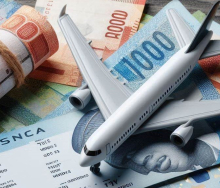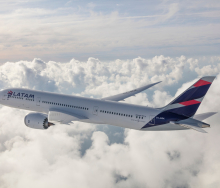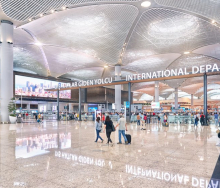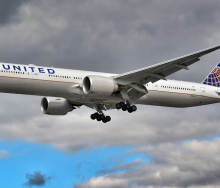Iata’s data for 2022 reveals that only 28 of 54 African states have an effective implementation rate of 60% or more for the safety-related ICAO Standards and Recommended Practices (SARPS).
There is room for improvement, according to Willie Walsh, Iata Director General. The African aviation sector is expected to grow rapidly in the next decade, which increases the risk of air incidents.
The starting point for safety improvement is the effective use of global standards for safety, and at government level, a key indicator is the effective implementation of ICAO Standards and Recommended Practices (SARPS), said Walsh at the Focus Africa forum in Addis Ababa last week.
Now, Iata is launching the ‘Collaborative Aviation Safety Improvement Programme’ (CASIP) to reduce the accident and serious incident rate across Africa, partnering with ICAO; the African Civil Aviation Commission; the US FAA; Boeing and the Airlines Association of Southern Africa (Aasa).
African aviation safety is one of the elements in Iata’s Focus Africa initiative, see here.
CASIP partners will prioritise the most pressing safety concerns on the continent and rally the resources needed to address them, collaboratively developing solutions and analysing data to inform their decisions. The benefits of improving aviation safety in Africa will be spread across the economies and societies of the continent.
One of the 28 compliant countries is South Africa, which has one of the highest safety standards in the world. The country recently underwent an ICAO Universal Safety Oversight Audit Program (USOAP) and received an impressive, effective implementation score of 92%, a 4,6% increase over the last audit, five years ago. This highlighted the SACAA’s commitment to continual safety enhancements.
Iata says accident reports have proven that poor safety culture in an organisation increases safety risks and the probability of severe incidents. It has also identified that enabling an organisational safety culture requires the application of all employees, starting with the leaders.
“Improving aviation safety will play an important role in Africa’s development. Safe, efficient, and reliable air connectivity is a major driving contribution to the UN’s Sustainable Development Goals. In that sense, CASIP will make it clear to governments across the continent that aviation must be prioritised as an integral part of national development strategies. With such broad benefits at stake, we hope other parties will be encouraged to join the CASIP effort,” said Willie Walsh, Iata DG.
"Improving safety performance is a priority for Africa. And we don’t need to reinvent the wheel to deliver the needed results. Collaborative safety teams in Latin America have demonstrated that safety improves when government and industry work together to implement global standards. By working together, the partners will pool resources to have a greater impact on areas where risk can be reduced, leading to measurable improvements in safety,” said Walsh.
















